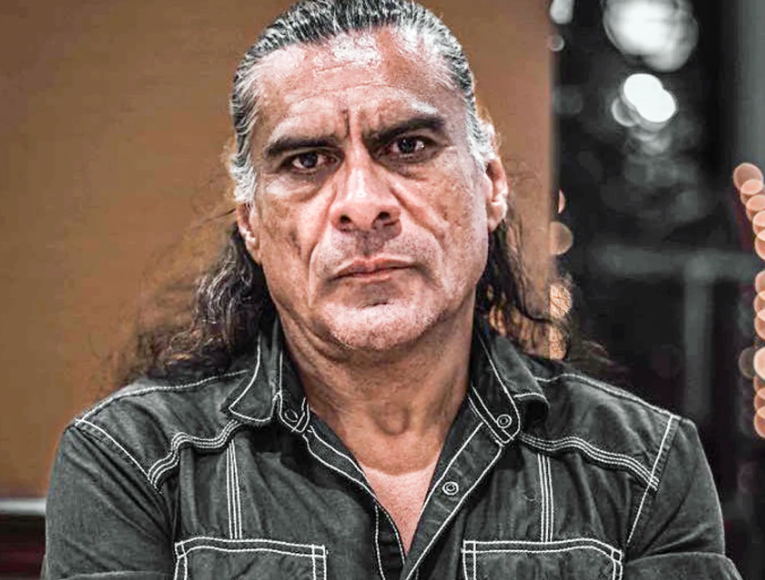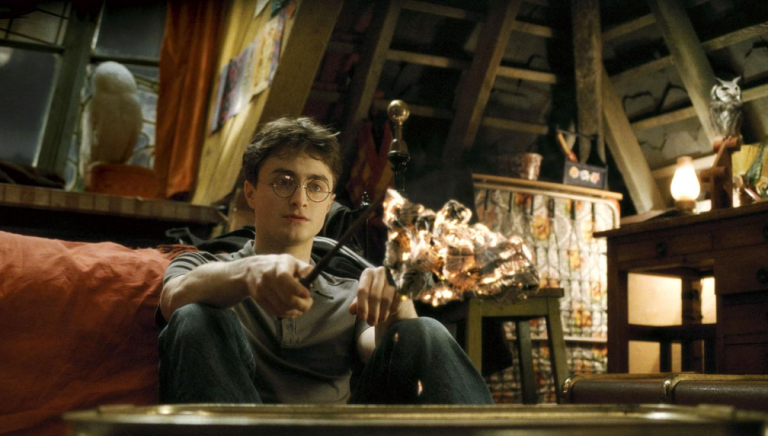Andie MacDowell Breaks Silence on Painful Nerve Condition
Actress Andie MacDowell, best known for her roles in Groundhog Day and Four Weddings and a Funeral, revealed in a January 24 interview that she has been living with Piriformis Syndrome—a painful nerve condition that is often misdiagnosed as a back or hip problem.
Piriformis Syndrome occurs when the piriformis muscle, located deep in the buttock, compresses the sciatic nerve. This pressure can lead to symptoms such as sharp pain, numbness, and tingling that often travel from the lower back down the leg. Because the symptoms resemble common back or hip conditions, diagnosis is frequently delayed or missed entirely.
MacDowell said she spent years trying to understand the source of her pain. Doctors initially believed she was dealing with sciatica or a spinal issue. However, standard treatments brought little relief. It wasn’t until she visited a specialist in neuromuscular disorders that she received the correct diagnosis.
The actress described the experience as frustrating and exhausting. “You know your body, and when something feels wrong but no one can name it, it wears you down,” she said. MacDowell explained that, at times, the pain made it difficult to walk, sit for long periods, or carry out daily routines.

She has since begun a physical therapy plan designed to relieve pressure on the sciatic nerve. Treatment for Piriformis Syndrome often includes stretching exercises, massage therapy, targeted muscle work, and in some cases, injections to reduce inflammation. MacDowell said the therapies are helping, though progress has been slow.
By speaking out, MacDowell hopes to raise awareness about the condition. She encouraged others with similar symptoms to seek second opinions if they do not feel satisfied with their diagnosis. “It’s easy to assume it’s your back, but there could be another reason,” she said.
Health experts agree. Piriformis Syndrome is considered an under-recognized condition in medical practice. Its symptoms often mimic herniated discs or hip joint problems, leading many patients to undergo unnecessary treatments before getting the right help.
MacDowell also emphasized the emotional toll of chronic pain. She said living with the condition quietly for years took a toll on her mental health. She hopes that more people will feel empowered to talk about their pain and push for answers.
Despite the challenges, MacDowell remains active. She continues working on film and TV projects and has no plans to step away from her career. However, she said she is now more mindful of her physical limits and incorporates daily stretches and movement breaks into her schedule.

Fans praised her honesty and openness following the interview. Many took to social media to share their own stories of misdiagnosed pain and late diagnoses. Several said MacDowell’s story helped them feel seen and encouraged them to seek further medical advice.
Andie MacDowell’s message is clear: trust your body, ask questions, and don’t settle for pain without answers. Her experience is a reminder of how important it is to listen to persistent symptoms—and to speak up until someone listens.







